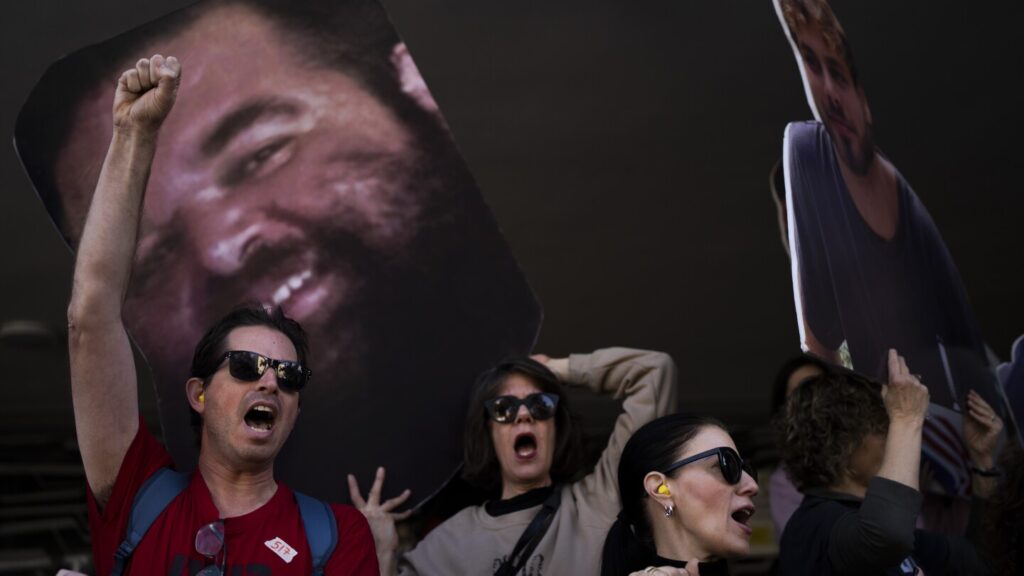Hamas, in response to President Donald Trump’s threat, remains firm in its stance that the release of remaining Israeli hostages hinges on a lasting ceasefire in Gaza. Accusing Trump and Israeli Prime Minister Benjamin Netanyahu of attempting to renege on a January ceasefire agreement, Hamas emphasizes the need for negotiations on the agreement’s second phase, involving the release of hostages, Palestinian prisoners, a permanent ceasefire, and Israeli withdrawal from Gaza. Despite limited talks so far, Hamas spokesman Abdel-Latif al-Qanoua asserts that negotiations are crucial. Trump’s recent warning, following direct talks with Hamas, urged the immediate release of hostages and return of bodies, or facing consequences.
Israel, supporting a proposed U.S. plan for the second phase that entails the immediate release of half the hostages, has resorted to cutting off supplies to pressure Hamas into compliance. However, Hamas rejects this proposal, advocating for the original agreement. Amidst uncertainties surrounding U.S.-Hamas talks, the Trump administration’s alignment with Israel’s goals of hostage return and Hamas eradication remains complex.
The conflict, stemming from an October 7 attack by Hamas-led militants, has seen significant casualties and displacement, with Israel’s military offensive resulting in over 48,000 Palestinian fatalities. The destruction of Gaza and its populace’s reliance on aid underscore the humanitarian crisis. The intricate dynamics between the involved parties underscore the challenges in reaching a sustainable resolution.

